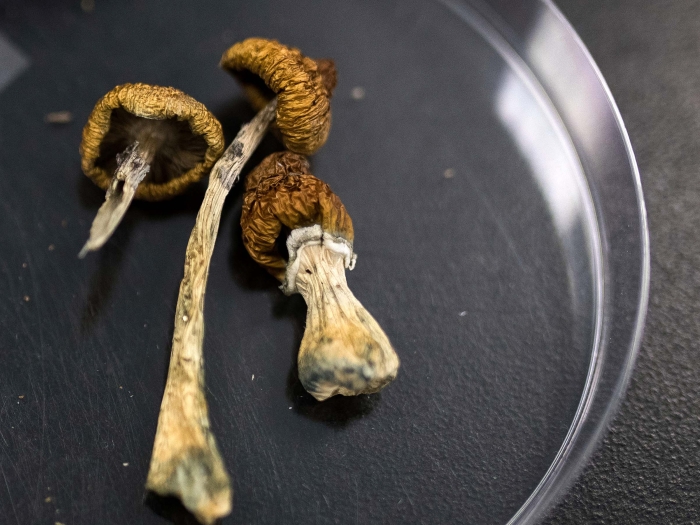Comparison of opioid-sparing approach with standard care shows no difference in patient satisfaction, but less pain among those counseled to use opioids only as backup.
1:50 PM
Author |

As surgeons balance the need to control their patients' post-surgery pain with the risk that a routine operation could become the gateway to long-term opioid use or addiction, a new study shows the power of an approach that takes a middle way.
In a new letter in JAMA Surgery, a team from Michigan Medicine at the University of Michigan reports on findings from a study of 620 patients who had surgery in hospitals across Michigan, had their painkiller use tracked, and took surveys within one to three months after their operations.
Half of the patients received pre-surgery counseling that emphasized non-opioid pain treatment as their first option. Some patients in this group received small, "just in case" prescriptions, but a third of them didn't receive any opioid prescription at all after surgery.
The other patients received standard care – meaning they got the usual amount of opioids given after these operations. Not only did every patient in that group get an opioid prescription, those prescriptions tended to be larger than those in the other group. And most patients didn't take them all – leaving extra pills that can pose a hazard to the patient or others in their household if taken inappropriately, or diverted to illicit use.
The patients in the two groups had the same operations – gallbladder removal, full or partial thyroid removal or hernia repair. But despite the difference in painkiller use, the patients in both groups were equally satisfied with their care and reported similar quality of life when contacted later. And those in the opioid-sparing group actually reported experiencing less pain overall.
First author Maia Anderson, M.D., a resident in the U-M Department of Surgery, says, "It's so exciting to think about the potential for opioid sparing postoperative pathways to not only reduce the risk of opioids for our patients, but also to substantially decrease the risk of opioid diversion into our communities."
Senior author and surgical resident Ryan Howard, M.D., adds, "We know that opioids pose serious risks to patients after surgery. We can protect patients from those risks by reducing or eliminating opioids after surgery. But that idea always raises the concern that patients will have uncontrolled pain and feel miserable. This study suggests that's not the case – patients who get small opioid prescriptions, or even no prescription, are just as satisfied with their recovery after surgery."
Anderson and Howard worked with the three U-M Medical School faculty who direct the Michigan Opioid Prescribing and Engagement Network, and with Alex Hallways, B.S., a member of the program's staff who coordinates the effort to right-size surgery-related opioid prescribing in Michigan. Michigan-OPEN has published evidence-based prescribing guidelines for many procedures, as well as materials to support opioid-sparing patient education.
The study used data from the Michigan Surgical Quality Consortium that is working to improve surgical care in 70 hospitals across Michigan. Anderson and Howard are fellows of the U-M Center for Healthcare Outcomes and Policy.
Paper cited: "Patient-Reported Outcomes After Opioid-Sparing Surgery Compared With Standard of Care," JAMA Surgery. DOI: 10.1001/jamasurg.2020.5646

Explore a variety of health care news & stories by visiting the Health Lab home page for more articles.

Department of Communication at Michigan Medicine
Want top health & research news weekly? Sign up for Health Lab’s newsletters today!





